
Travelling with kids: how to ensure your children become fully immersed in new cultures on holiday
- Parents give their tips on how to ensure their children learn about new cultures and communities when they travel abroad
- Get your children to help plan the trip and even pack their own bag
Cecile Pont was over the moon when her husband’s work brought their young family to Hong Kong five years ago. Using the city as a base, she looked forward to exploring Asia’s diverse cultures and communities with her three children.
As they travelled around the region, however, Pont worried that her children might not learn from or remember their holiday experiences.
“It’s important to me that my kids get to know the country they’re visiting – from the flag and historical buildings to the customs and cuisine. But I couldn’t find an age-appropriate tool that would empower them to explore and retain their learning. So, I printed out PowerPoint slides with questions, games and colouring activities related to each country we were visiting. These piqued my children’s curiosity and their own desire to discover,” says Pont, a mother of three children, age nine, eight and four.
Inspired by her children’s and visiting friends’ feedback, Pont went on to create Enjoy Citizz, a range of children’s travel activity books that cover major Asian destinations.
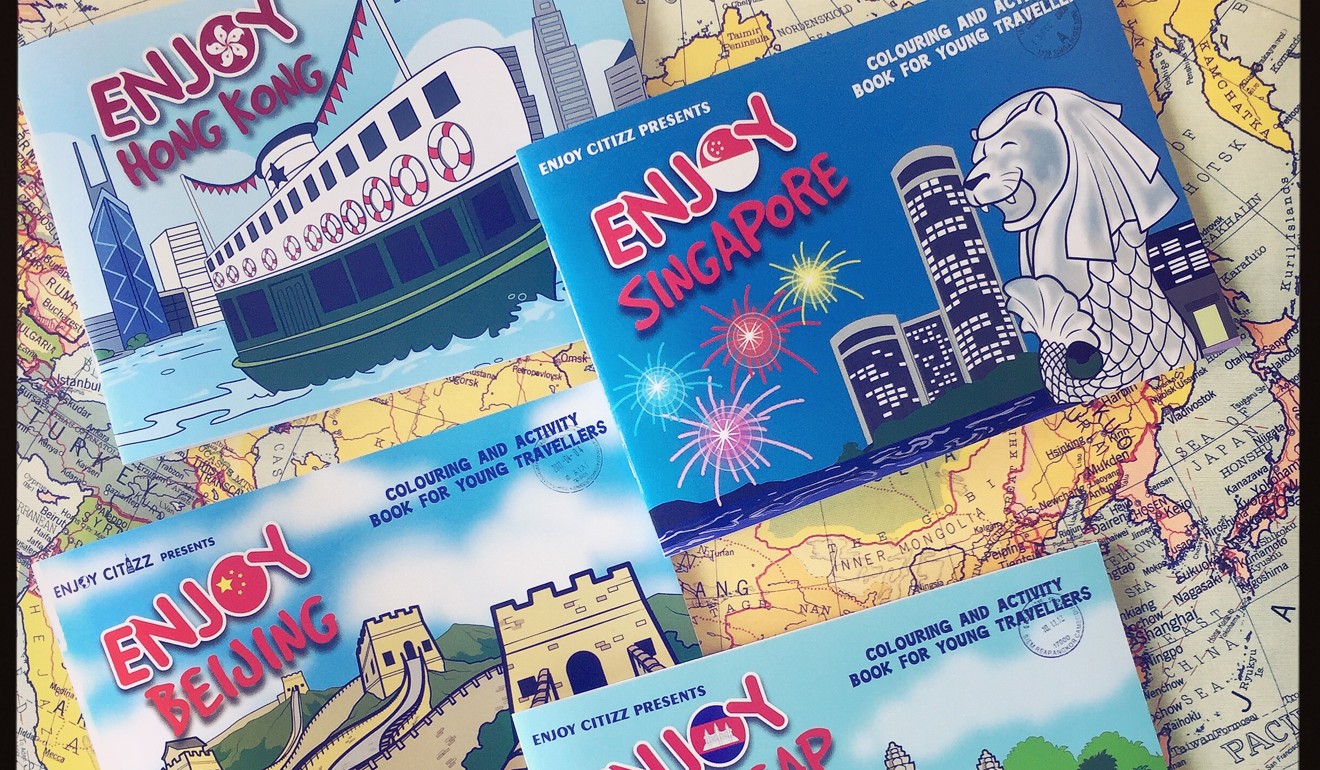
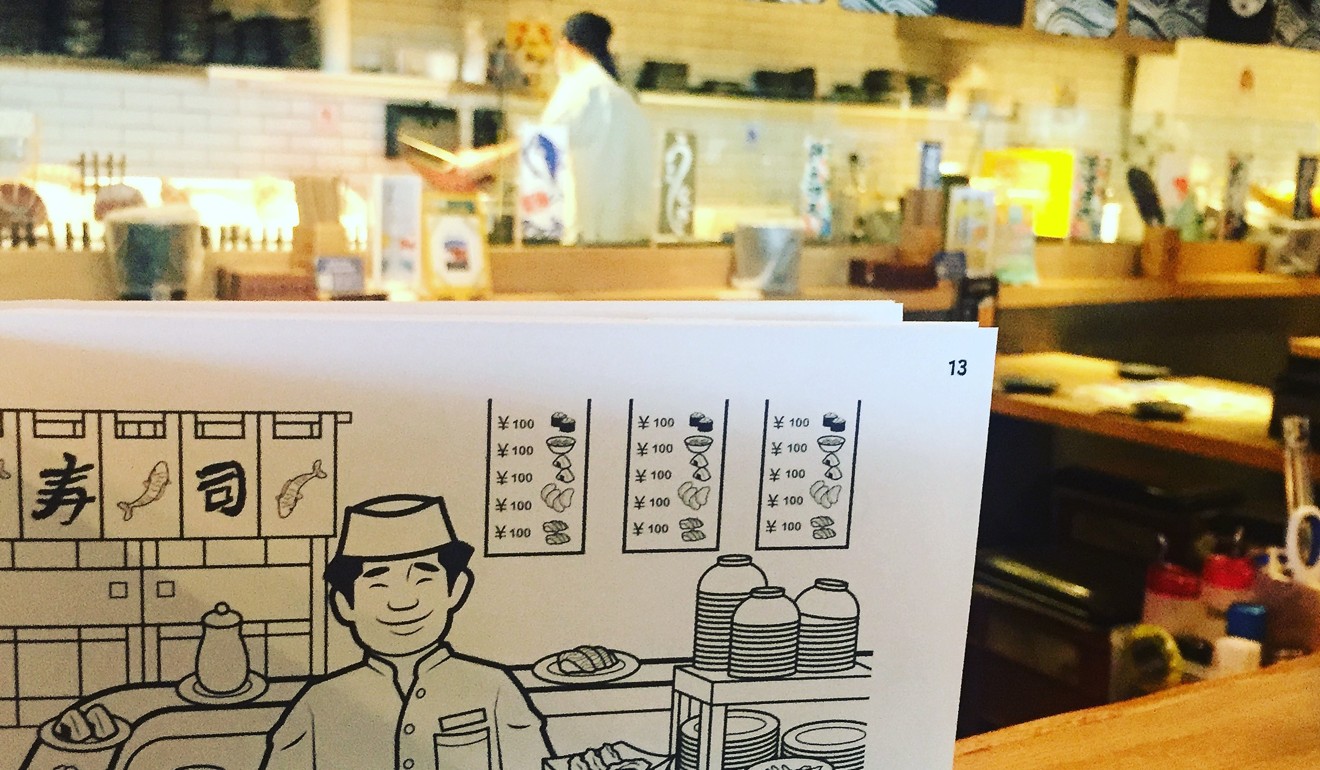
International outbound travel by Hong Kong residents is forecast to almost reach seven million trips by 2021, according to research published by Mastercard last year, with Hongkongers having the second highest propensity to travel in the Asia-Pacific region.
Melissa Shadforth, an integrative counsellor, believes travelling is a privilege to be leveraged while living in Hong Kong.
“The proximity to many diverse cultures and geographies means travel experiences can be easier to access and often less of an investment of time and money, especially compared to travelling out of Australia,” says the mother of three, who moved to Hong Kong from Australia seven years ago.
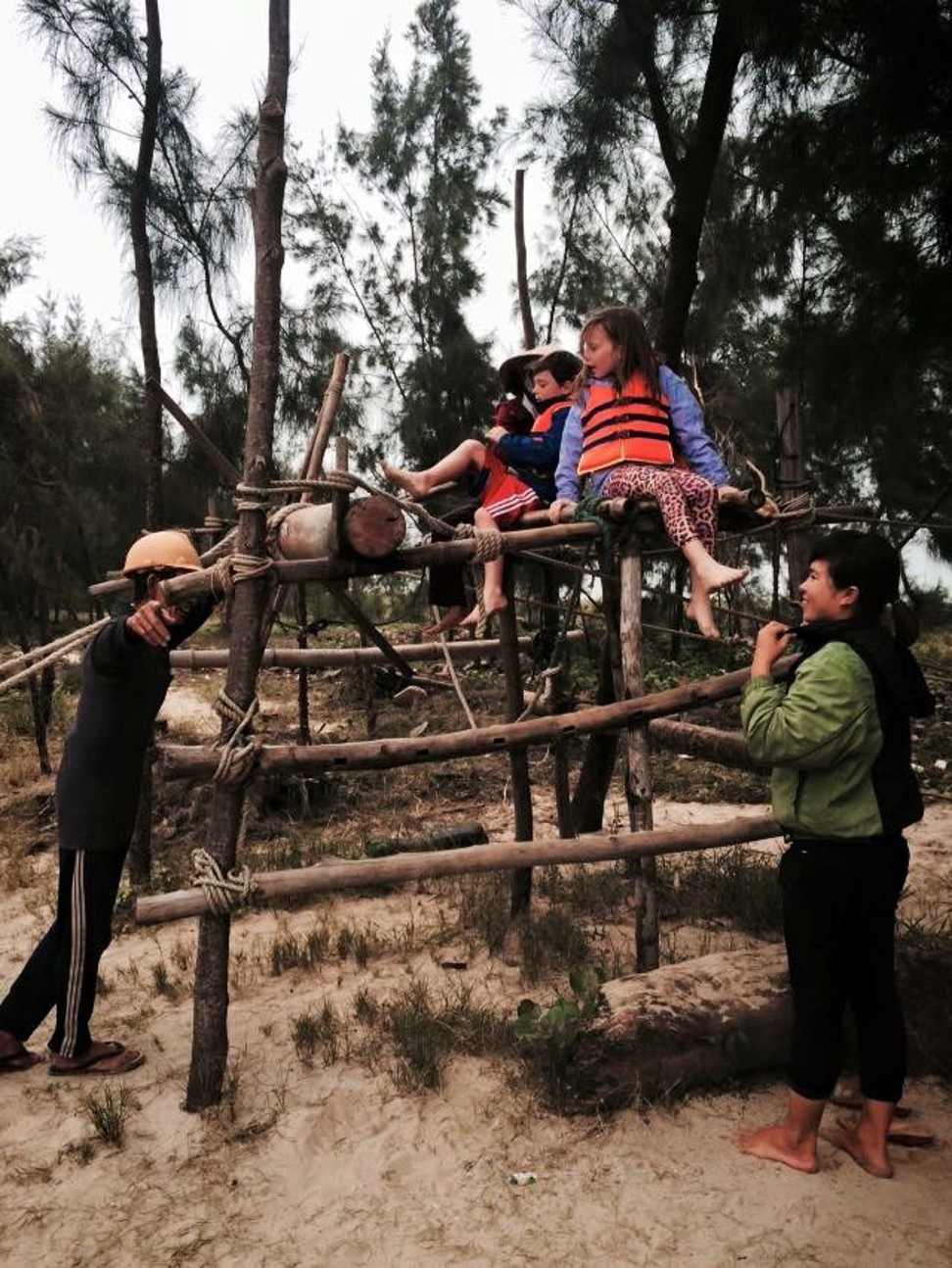
Like Pont, Shadforth’s goal is to ensure that her children, age 13, 11 and nine, are “truly travelling rather than visiting another country and never leaving the resort”.
Her family adventures have included a homestay at a tea plantation in Taiwan, hiking the highest peak on an island in the Adriatic Sea, and visiting a local village in Indonesia to deliver donated soccer boots and play a soccer game with the local children.
Pont believes travel benefits children in multiple ways. For starters, spending family time together in a different environment strengthens bonds and creates lasting memories. Children also develop bonds with people of other cultures. This creates appreciation for the differences that exist between people, which leads to tolerance, she says.
Pont recalls her children’s admiration as they struggled to hike up a volcano in Bali led by their 16-year-old guide – who did the hike twice a day, every day. Despite no longer attending school, the guide had impressive knowledge of the area, volcanoes and nature.
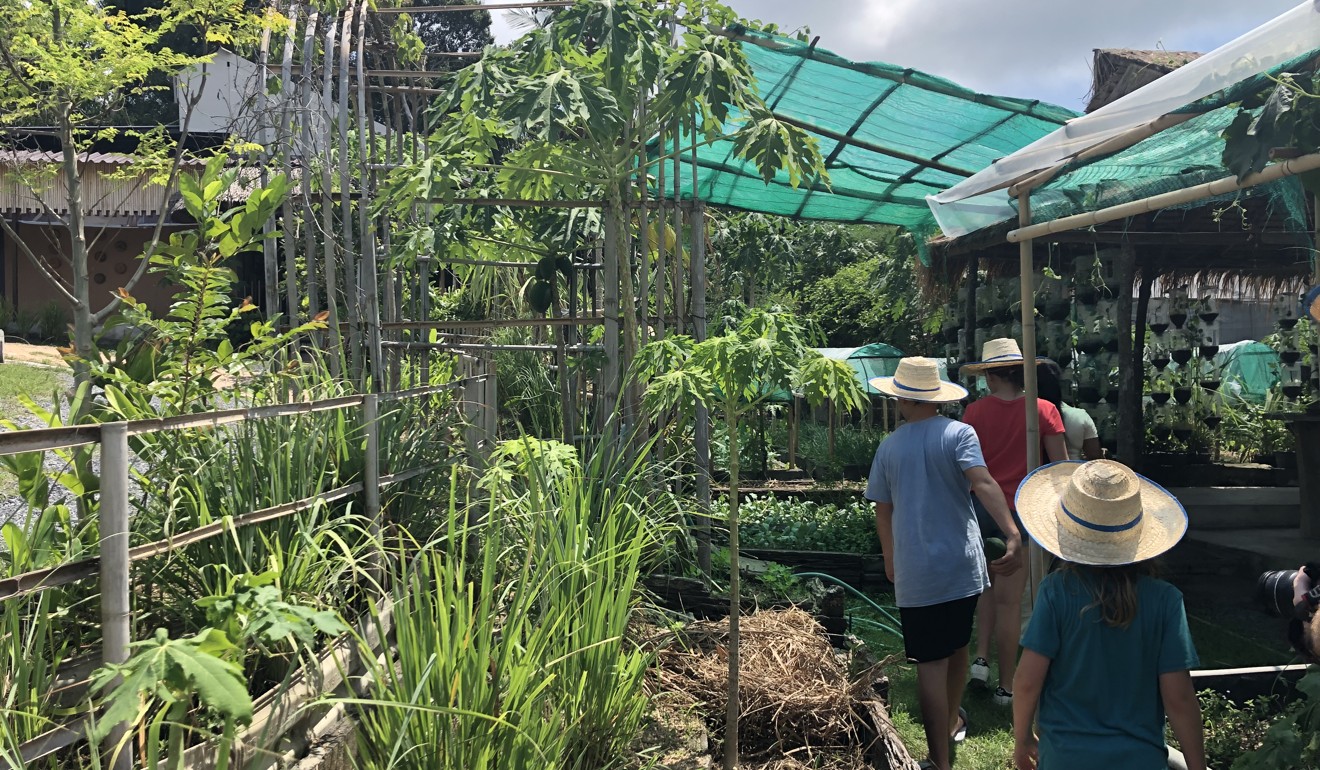
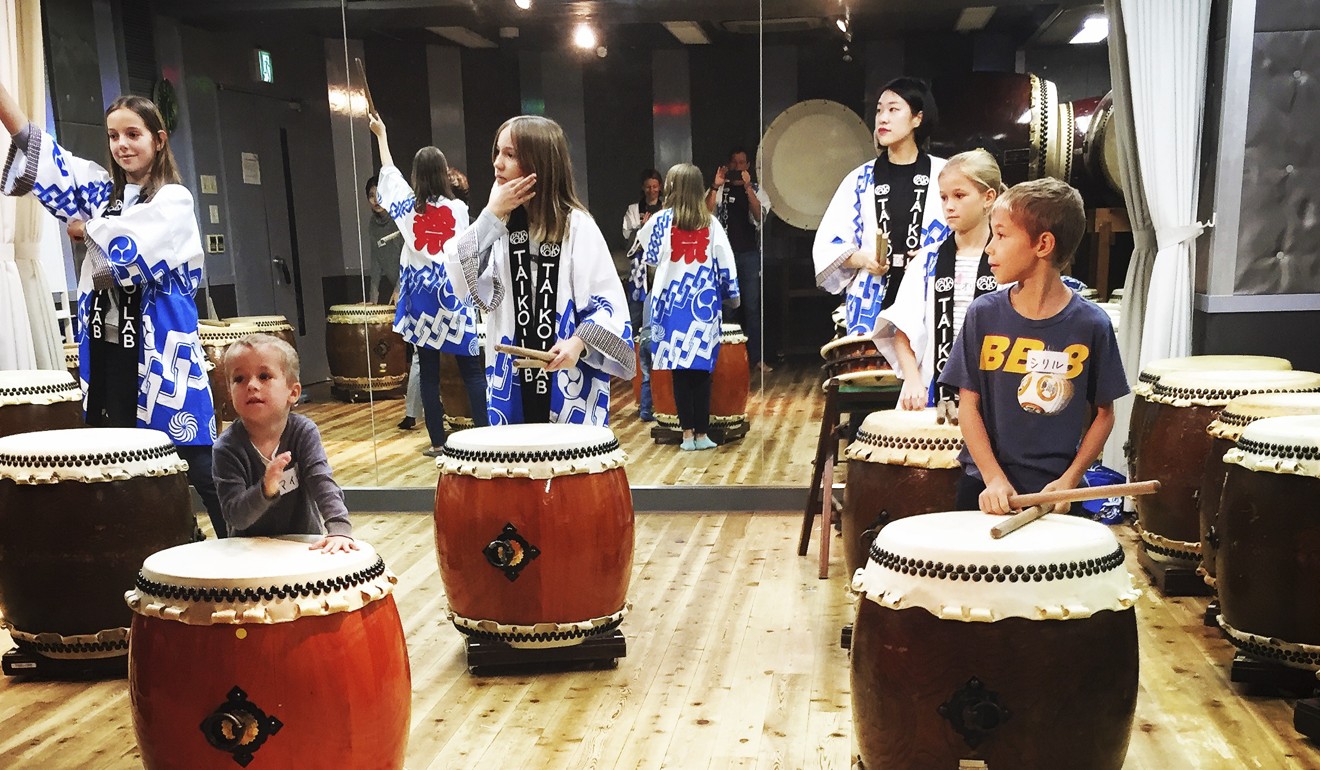
Children become aware of the differences and also the similarities that exist between cultures, says Alice Miquel, founder of Aoyama Notebooks, a collection of Asia-inspired notebooks, greeting cards and travel journals, which includes a children’s travel journal created in collaboration with Enjoy Citizz.
“Kids see that people live in different ways and yet they share many things. We all need to eat and to rest. We smile when we’re happy, we’re moved if a child is crying and we’re sad when passing by a funeral,” says Miquel, mother of two daughters, aged 14 and 12.
Children who travel – especially those who have intimate connections with the local people – are more likely to have increased levels of empathy, advises Dr Katie Titus Larson, a growth coach at GrowthQuest.
“When kids have genuine relationships playing with children from other cultures, both sides have a more holistic self-perception that allows them to recognise the universal human condition. They empathise with one another and also realise, ‘She/he is just like me’,” Larson says.
“Studies show that prejudice, hatred and violence are much more difficult to practise when someone feels empathy for the other side,” says Larson, who conducted extensive research on how “third-culture kids” – those raised in a culture other than their parents’ – perceive their travel experiences, during her PhD in leadership and change.
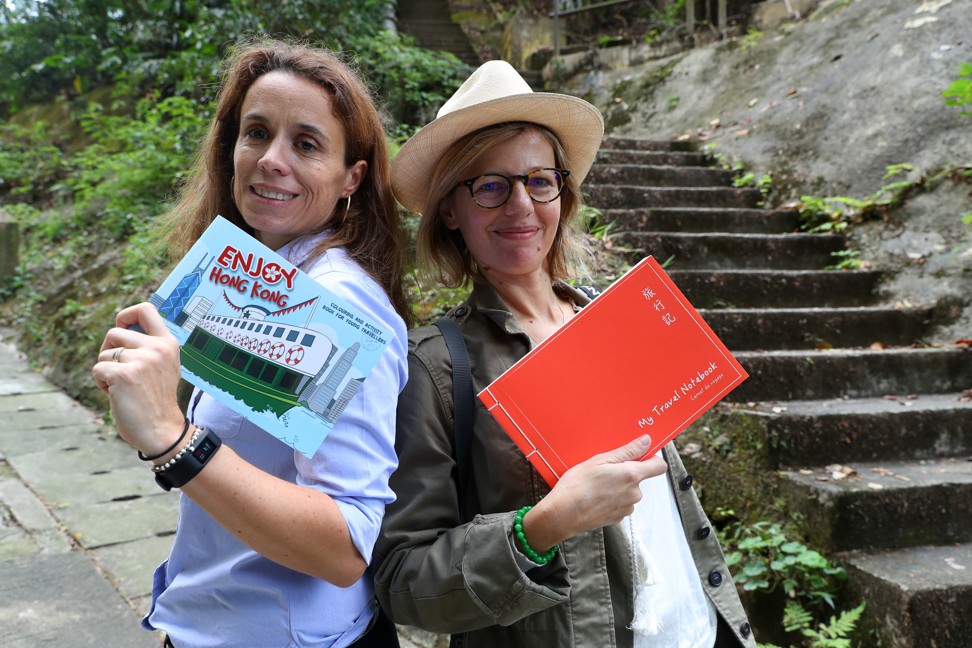
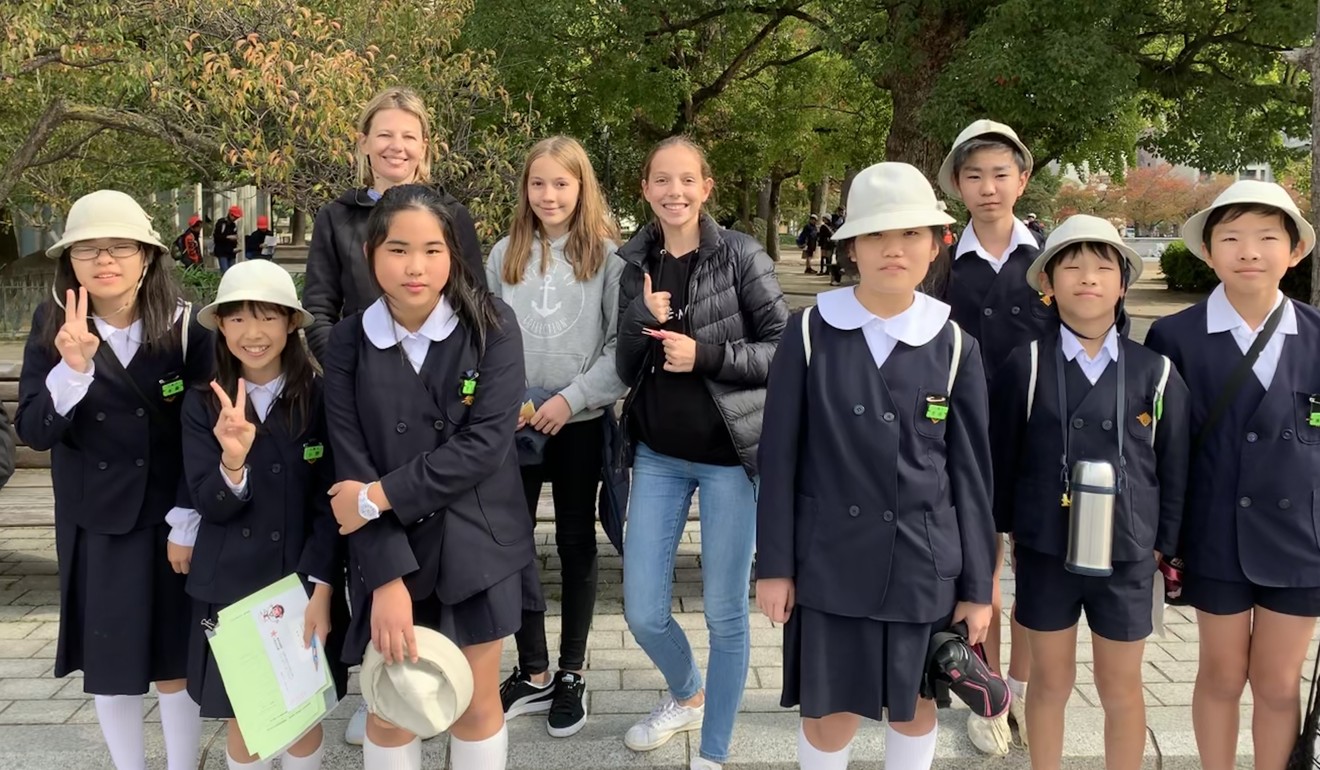
Keen to plant the seed early, Larson says she decorated her baby’s nursery in a travel theme. To date, her 10-month-old daughter has visited Spain, France, Thailand, the United States and Vietnam.
As a child, Miquel travelled extensively with her family. She says it taught her how to adapt to the unexpected.
“I remember one holiday on a French island in the Indian Ocean; there was a strike at all the gasoline stations and we were stuck in the south of the island for a few days. I have such fond memories of this unexpected event. We were outside our comfort zone and this taught us to be adaptable,” she recalls.
When plans don’t unfold as hoped because of missed connections, accommodation challenges or experiences that don’t hit the mark, it’s a great opportunity for parents to be role models in how to respond calmly in uncomfortable situations, says Shadforth. She believes that involving children in problem-solving will help to prepare them for their independent travel experiences in the future. So too will packing their own bag when travelling.
“The first few holidays, [where the children were in charge of packing, we found] there were not enough toothbrushes per head, and there were way too many underpants for one person and none for the others. But with practise, they nailed it. The benefits of developing problem-solving skills, resilience and the ability to plan (therefore needing to connect with the cultural expectations and climate ahead of time) far outweigh the rest,” she says.
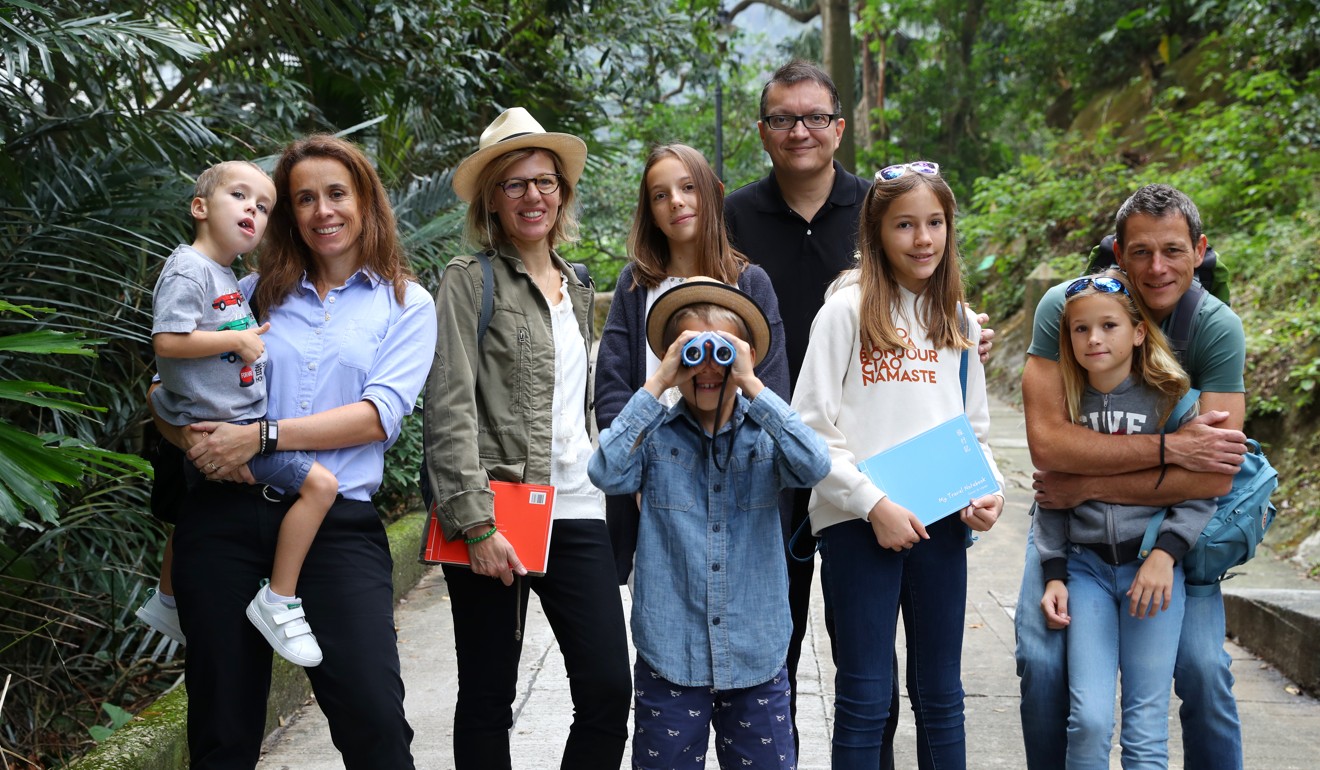
To overcome any resistance to exploring and discovering a holiday destination, Shadforth includes her children in the travel planning process. They also learn some basic local language and customs ahead of time.
Larson recommends checking out books or magazines about the country and allowing children to find out some things about the culture, which will indicate what their interests are before the trip. Parents can also spend time researching age-appropriate cultural activities in advance to ensure younger children have fun while learning, says Pont.
Based on her own research and her family’s experiences, Pont recently launched Enjoy Citizz’s blog to highlight children-friendly activities across Asia that promote cultural understanding.
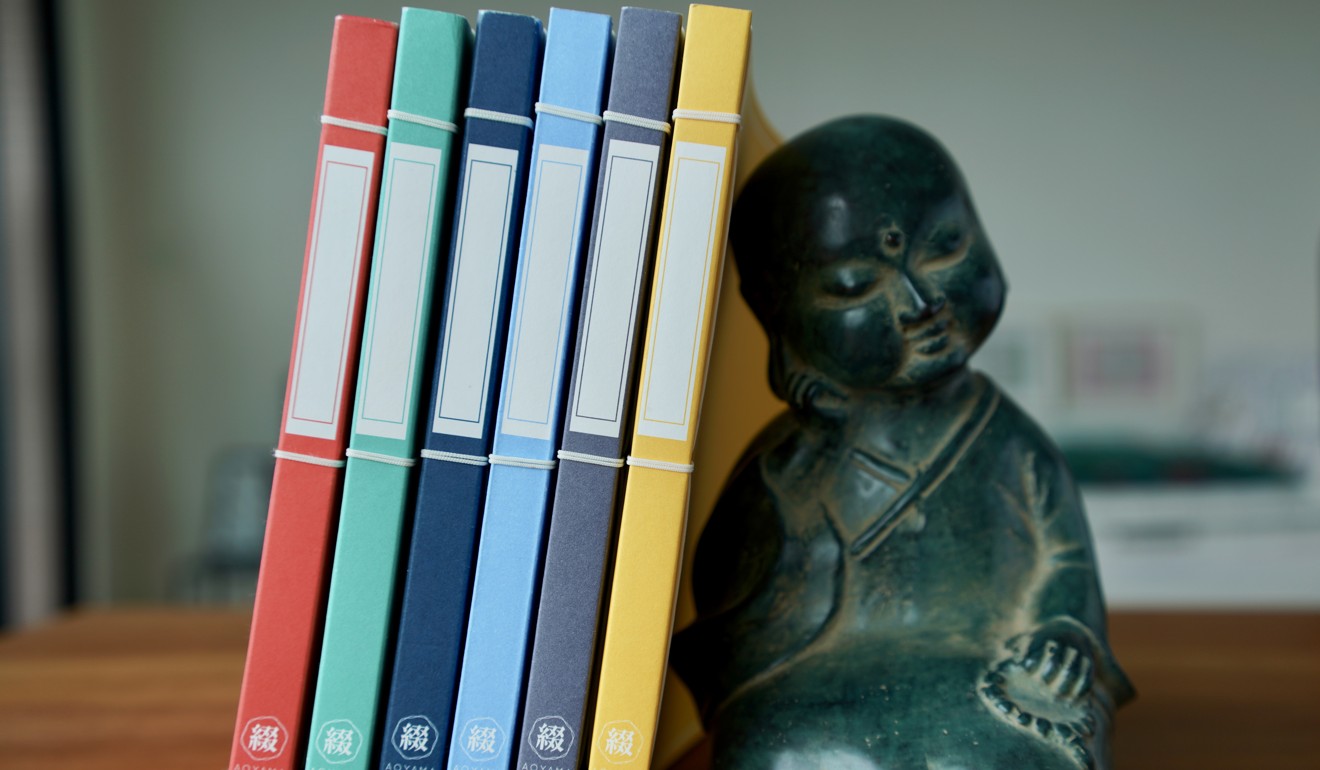
Children will enjoy a culture-rich holiday when it feels natural and attuned to their interests, says Miquel. She recalls the fun her family had in China’s Yunnan province when they took horse-riding lessons together, on the back of a suggestion from her youngest daughter.
“We try to please each member of the family: good food for my husband, shopping for my teenage daughter, seeing horses for my younger daughter and photogenic spots for me. We don’t want to be constrained by a checklist that must be completed no matter what. We prefer to take our time absorbing what we see and appreciating how people live,” she says.
A highlight of any trip for Miquel’s family is time spent at local markets and supermarkets, where they spot unusual ice-cream flavours, brands with different names, and advertising with a local theme.
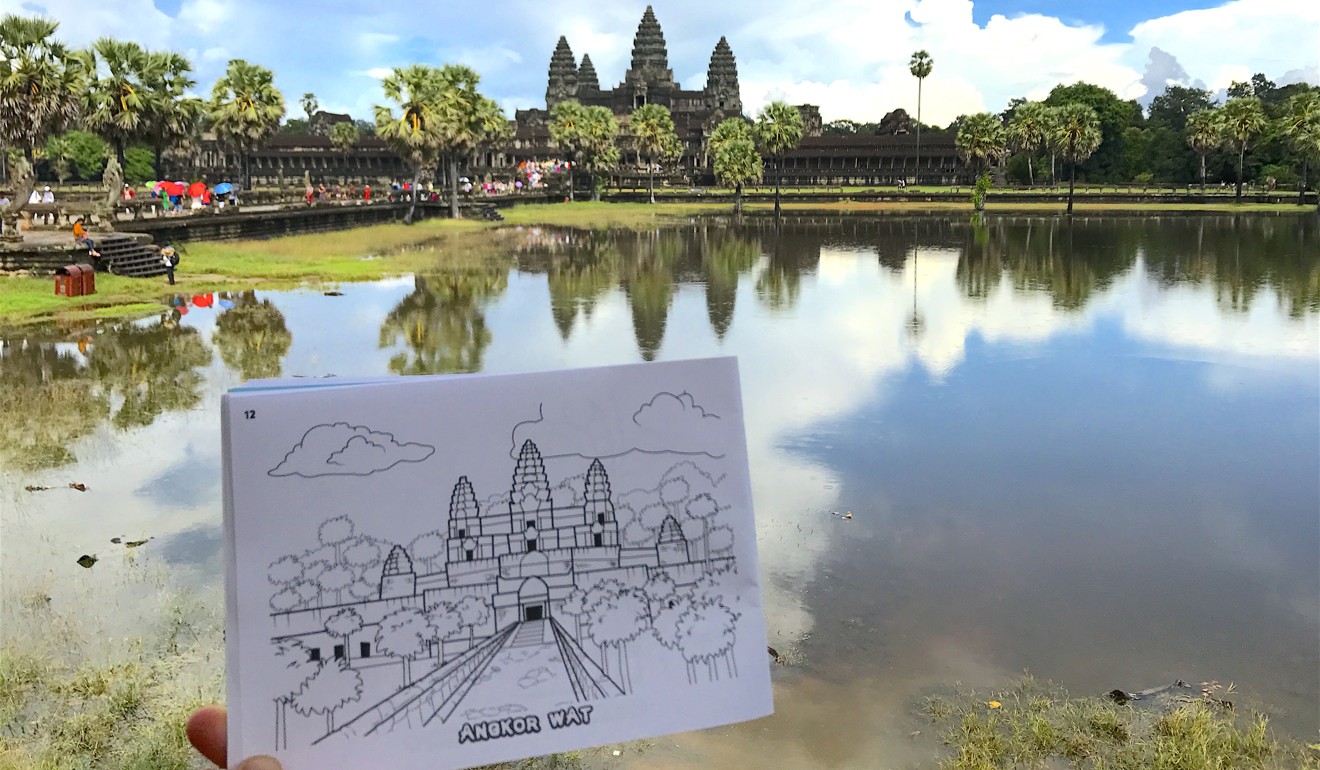
Shadforth says: “There’s a fine line between doing enough research to ensure you have an understanding of the history and culture of the place … without over-planning to the point that you don’t enjoy the travel and miss out on going with the flow and taking random diversions and local opportunities.”
According to Larson, parents can create balance when they don’t try to do too much, but simply be in a new place. Sometimes, young and busy families need a break from routine and structure to relax and recharge, she says.
“Put the phone and camera down, and soak up the atmosphere, vibes and culture by simply observing rather than having to do something at all times.”
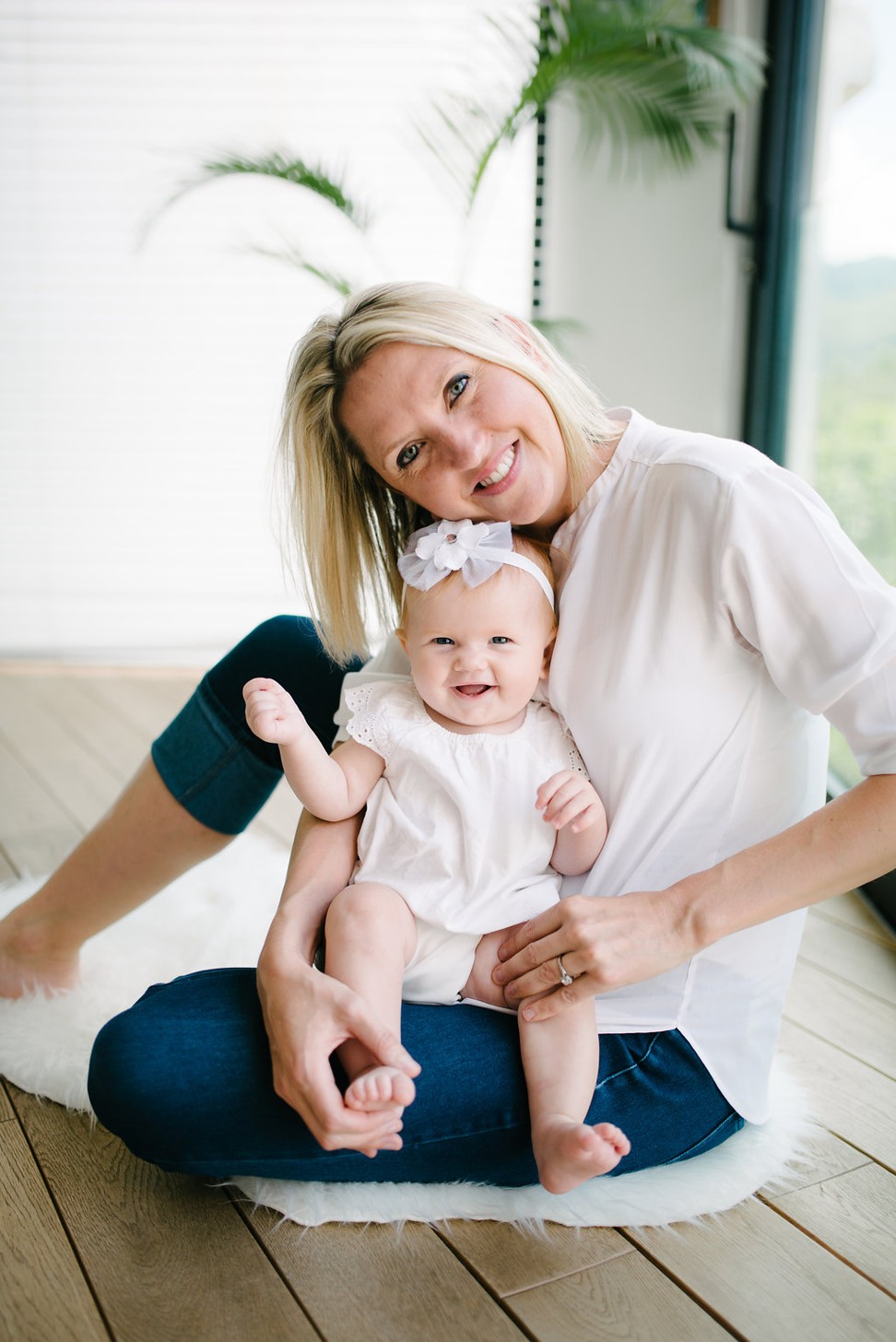
An avid journaler and blogger, Larson does take the time to jot down her experiences.
“I remember reading the travel journals of my grandfather and then seeing him in a whole new light. What an exciting gift for my child to read one day: the amazing travel adventures of her mother,” she says.
When a holiday comes to an end, journaling is a wonderful way for every family member to hold on to all their experiences, discoveries and emotions, says Miquel.
“Travelling is often about speed. You want to enjoy every moment and it always seems to end too fast. This is why I created Aoyama Notebooks. Journaling – be it in the form of words, pictures or sketches – allows parents and kids to capture the essence of what seems to disappear in the blink of an eye,” she say. “Having something tangible to recall it all in months and years to come makes travel memories last.”
